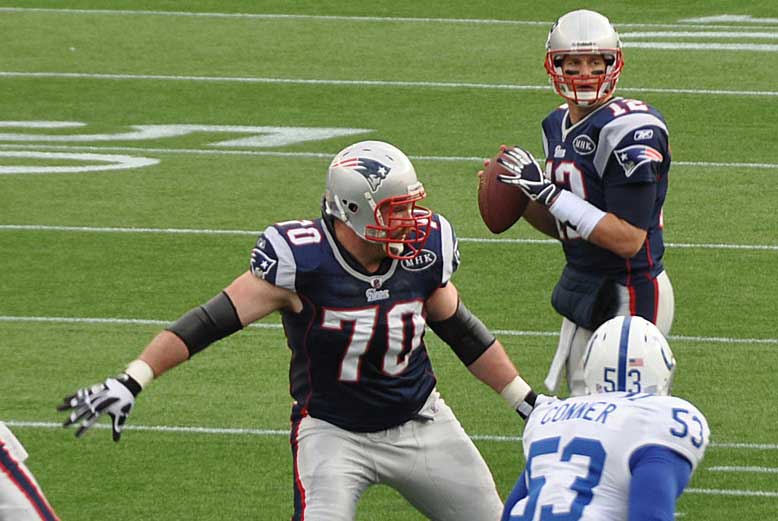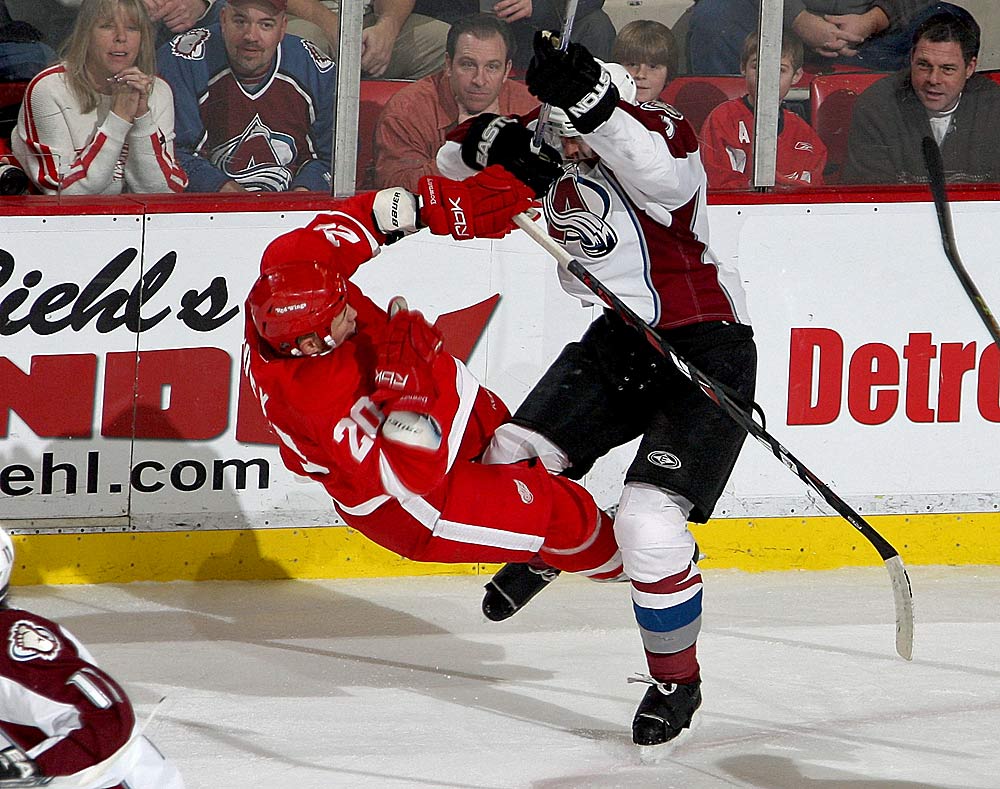Sleep habits of the world’s most elite athletes: Tom Brady

Simply put, a good night’s sleep can mean the difference between winning and losing in professional sports. It should come as no surprise then that Tom Brady of the New England Patriots, arguably the best quarterback in the history of the NFL, knows his stuff when it comes to getting his shuteye. And we simply couldn’t resist sharing this look at the sleep habits of one of the world’s most admired professional athletes. Okay, it’s not the Journal of Neuroscience or Scientific American, but we all need to have a little fun here and there, right? So the folks at Parade Magazine got inside Tom Brady’s bedroom and we think it’s worth a look. Here’s an excerpt:
Parade: Why is a good night’s sleep so important to you?
Tom Brady: Well it’s got to be a priority. I think sleep is so important because I break my body down so much with my sport. It’s the only place to get the recovery that I need. After the kids go to bed I’m right behind them and, whenever they wake up, is usually when I wake up. I’m hopefully asleep by 9 o’clock. During the season, I’d say even earlier, usually 8:30 p.m., and I’m up at 5 or 5:30 on most mornings. I’m usually early to bed early to rise.
Read the entire interview about Tom Brady’s sleep habits.
Learn more about successful sleep habits and professional athletes.


